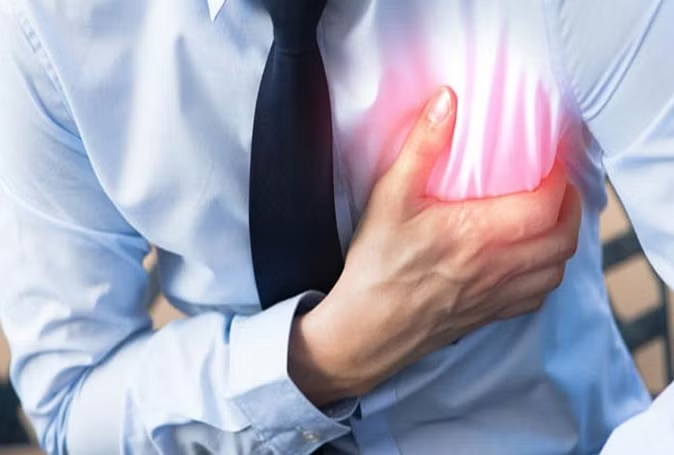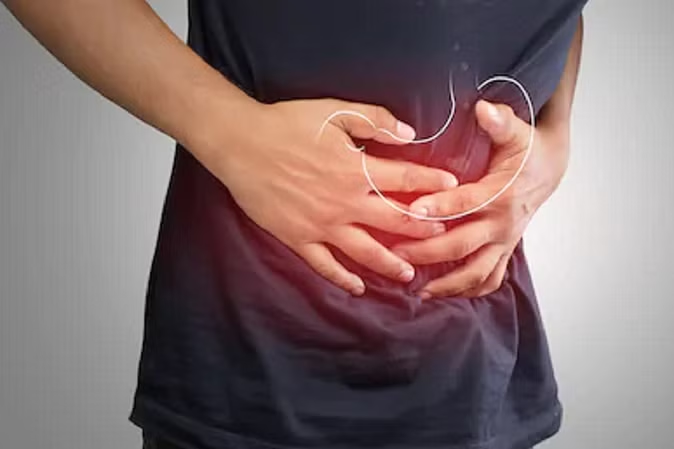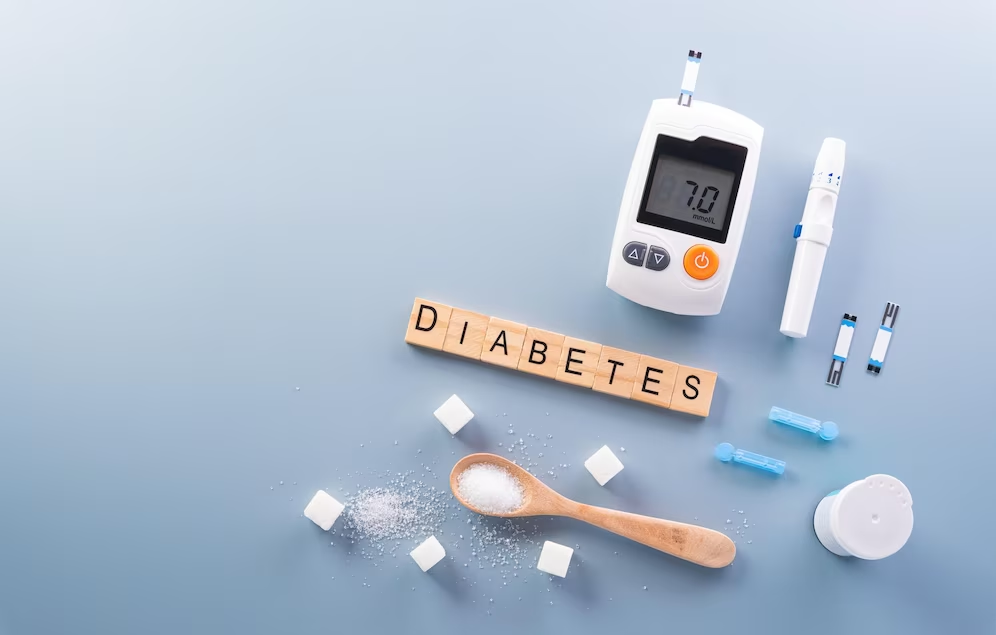Increasing cholesterol levels in the blood is considered harmful to health. In studies, its biggest side effects have been seen on heart health. Cholesterol is a wax-containing substance, which is needed for many functions in the body. However, if its quantity in the body becomes excessive then it accumulates in the blood vessels and obstructs the flow of blood reaching the heart. Low-density lipoprotein (LDL) is called bad cholesterol, the increase of which can be harmful to overall health.

Bad cholesterol can accumulate in the arteries and obstruct blood flow, causing the risk of many health complications. Cholesterol can cause chest pain (angina) and coronary artery disease. But do you know that high cholesterol can be harmful not only to the heart but also to health in many other ways?
Problems caused by cholesterol
Doctors say that the problem of high cholesterol is not just a problem that occurs with increasing age, now younger people are also being seen falling prey to it. Disturbances in lifestyle and diet can be factors that increase cholesterol. Apart from this, birth control pills, diuretic medicines, beta-blockers and some medicines used to treat depression can also increase cholesterol levels. People whose family already has cholesterol problems may have a higher risk.
Your body's hormone-producing glands use cholesterol to make hormones like estrogen, testosterone, and cortisol. Hormones can also affect your body's cholesterol levels. Research has shown that estrogen levels in the body are prone to increase during the cessation of the menstrual cycle. This is why the risk of heart disease increases in women after menopause.

Stroke and brain problems
Cholesterol is an essential component of the human brain. The brain contains about 25 percent of the total cholesterol in the body. This fat is essential for the development and protection of nerve cells. Excess cholesterol in the arteries, however, can cause stroke. Disruption of blood flow can damage parts of the brain, causing problems with memory, mobility, difficulty swallowing and speaking, and other functions. Stroke is also considered a life-threatening side effect.
Effect on digestive health
Cholesterol is necessary for the production of bile in the digestive system. Bile is a substance that helps your body break down foods and absorb nutrients in your intestines. But if you have too much cholesterol in your bile, the excess cholesterol turns into crystals and can then form gallstones. The problem of gallbladder stones is increasing rapidly, due to which everyone needs to be careful.
(PC: iStock)










